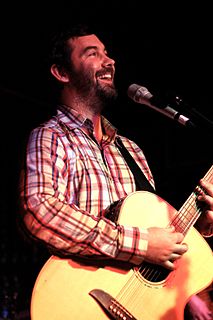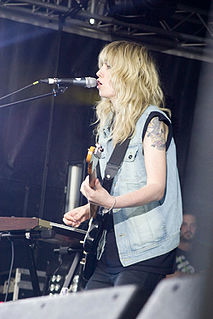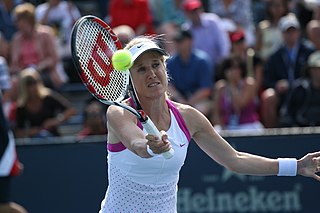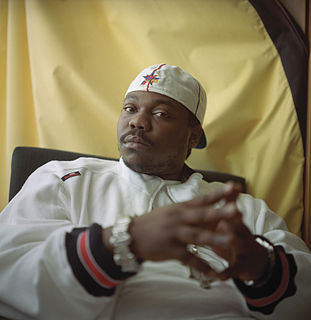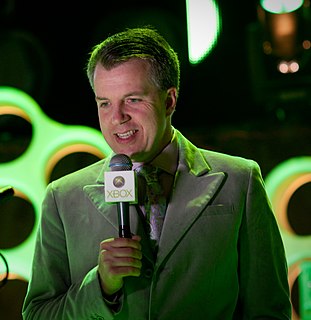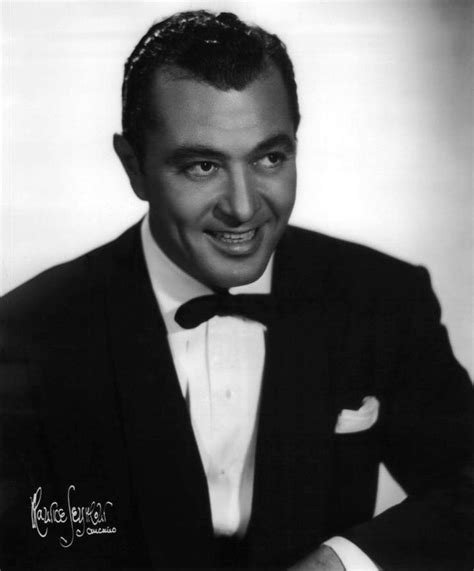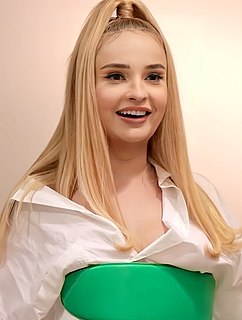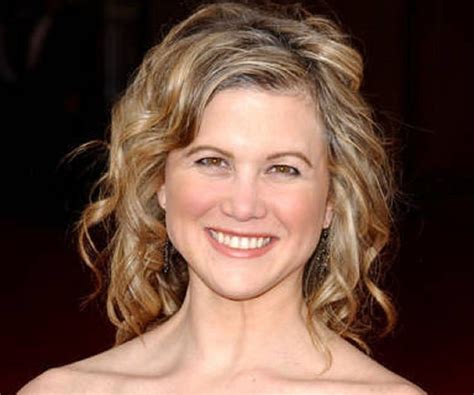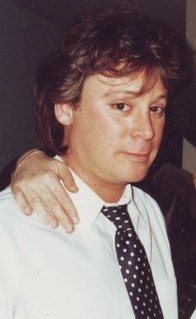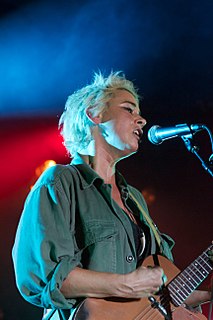A Quote by Duncan Sheik
For my second record I had gotten ProTools (program) and started to familiar myself with hard disc recording.
Related Quotes
So, think about how you use a disc that you own of an Xbox 360 game. If I buy the disc from a store, I use that disc in my machine, I can give that disc to my son and he can play it on his 360 in his room. We both can't play at the same time, but the disc is the key to playing. I can go round to your house and give you that disc and you can play on that game as well.
The first record was basically a quick, fast record. The second record, we were going for more of a poppier sound - like a heavy pop sound. For 'Rocket to Russia,' we'd sort of reached our pinnacle. We'd gotten really good at what we were doing, so that's like my favorite record - that's a really good record. It's just great from beginning to end.
I most definitely wanted to make a record out of it. Due to the fact of the negativity and things that transitioned over the years, I just wanted to give [Chris Rivers] his space. I had this record "Danger" which Free Smith produced the beat. It was one of the first beats I got when I started recording again and one of the first I sang to.
